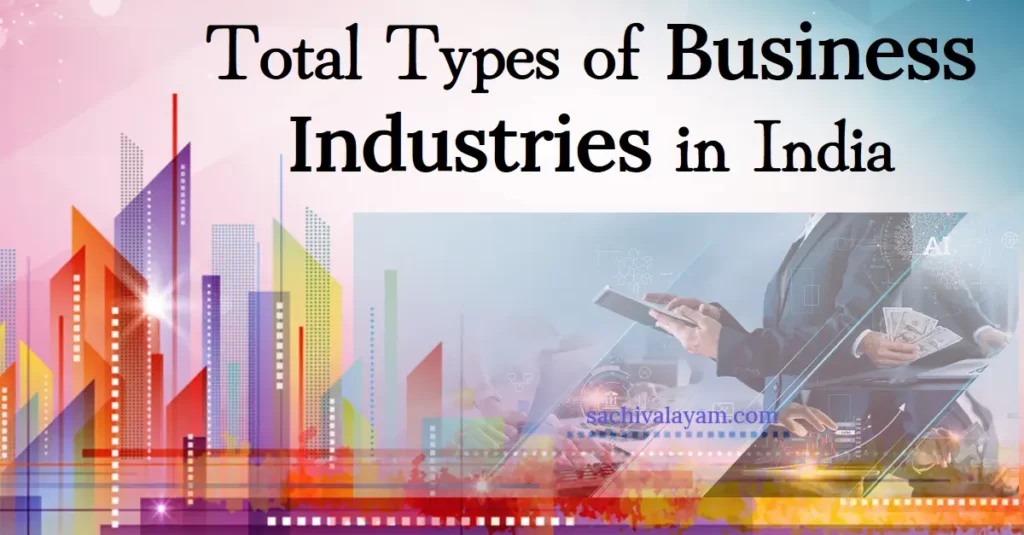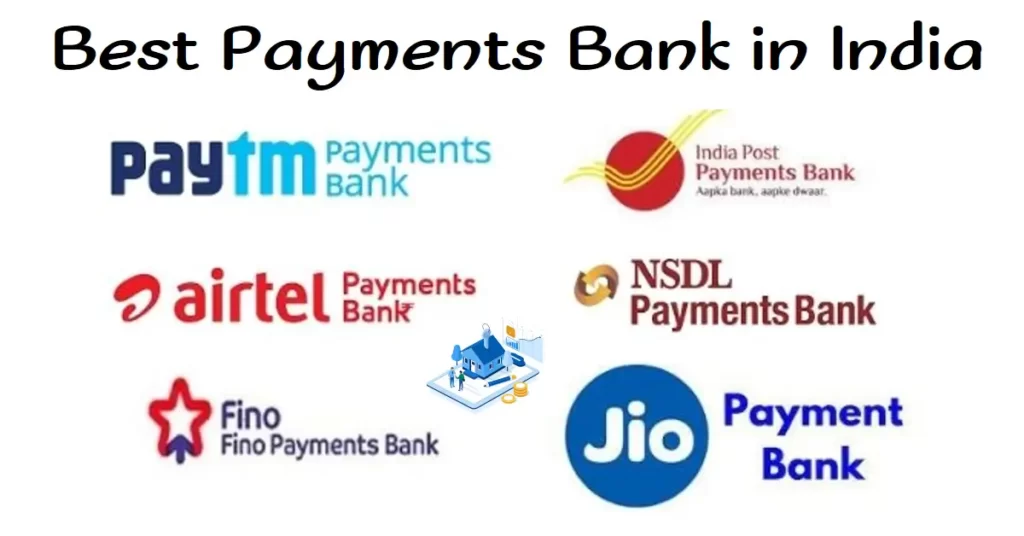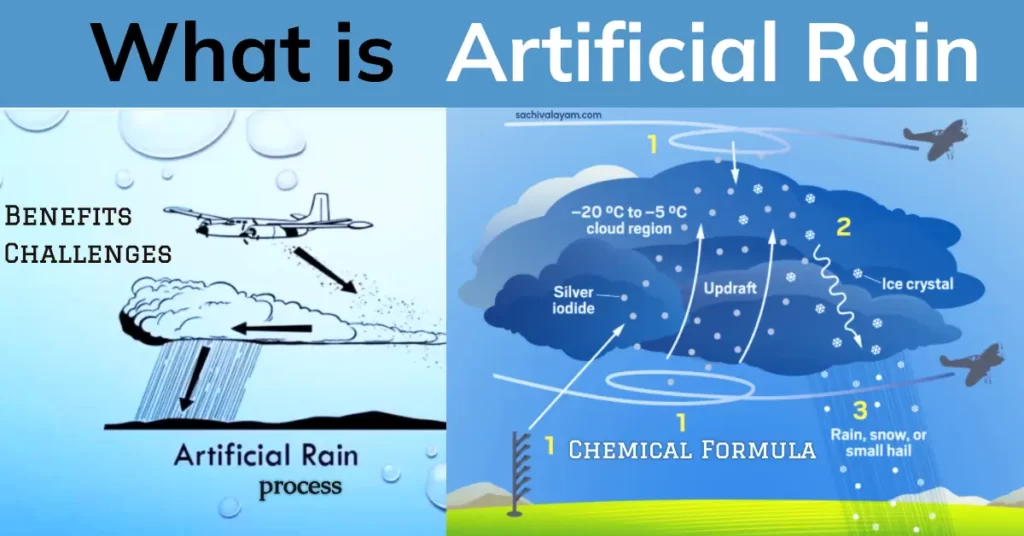Types of business industries List and Top 1 2 3 4 5 6 7 8 9 10 basic types of business in India and Which industry main sectors will grow future.
Table of Contents
ToggleMajor Business Industries in the World
Primary Sector (Extractive)
- Agriculture: Cultivation of plants and livestock for food, fiber, and other products.
- Mining: Extraction of minerals and other geological materials from the earth.
- Forestry: Management and harvesting of trees for timber, pulpwood, and other products.
- Fishing: Catching fish and other seafood.
Secondary Sector (Manufacturing)
- Manufacturing: Production of a wide range of goods from raw materials.
- Construction: Building and maintaining infrastructure like roads, bridges, and buildings.
- Utilities: Provision of essential services like electricity, water, and gas.
Tertiary Sector (Service)
- Wholesale and Retail Trade: Selling goods to businesses and consumers.
- Finance and Insurance: Offering financial services like banking, investing, and insurance.
- Healthcare: Providing medical care and other health services.
- Education: Delivering educational services at all levels, from primary school to university.
- Hospitality: Providing services to travelers and tourists, such as hotels, restaurants, and transportation.
- Information Technology: Developing and managing computer systems and networks.
- Professional, Scientific, and Technical Services: Offering a wide range of professional services like accounting, law, engineering, and consulting.
These are just some of the major business industries. The specific industries present in a particular region depend on factors like natural resources, development level, and government policies.
Type of business list
Primary Sector
- Agriculture
- Food grains (rice, wheat, pulses, etc.)
- Cash crops (cotton, sugarcane, jute, oilseeds, etc.)
- Horticulture (fruits, vegetables, flowers)
- Plantation crops (tea, coffee, rubber)
- Animal husbandry (dairy, poultry, fisheries)
- Mining
- Coal
- Iron ore
- Manganese ore
- Bauxite
- Limestone
- Natural gas
- Crude oil
- Forestry
- Fishing
Secondary Sector
- Manufacturing
- Textiles and apparel
- Food processing
- Automobiles
- Pharmaceuticals
- Chemicals
- Machinery and equipment
- Electronics
- Construction materials
- Cement
- Steel
- Electricity
- Gas and water supply
Tertiary Sector
- Wholesale and retail trade
- Transportation and storage
- Accommodation and food services
- Information and communication
- Financial and insurance activities
- Real estate activities
- Professional, scientific, and technical activities
- Administrative and support services
- Public administration and defense
- Education
- Health and social work
- Arts, entertainment, and recreation
- Other services activities
Additional Industries
- Information Technology (IT) and Business Process Outsourcing (BPO)
- Tourism and Hospitality
- Media and Entertainment
- Infrastructure and Construction
- Retail
- E-commerce
- Startups
- Renewable energy
Remember, this types of business list is not exhaustive, and new industries are constantly emerging. India’s diverse economy offers opportunities in a wide range of sectors, with potential for significant growth and innovation.
Top 10 types of business (Industries) in India
- Information Technology (IT) & Business Process Outsourcing (BPO): Global leader in software development, data management, and customer service outsourcing. (Infosys, TCS, Wipro)
- Pharmaceuticals: Global leader in generic drugs, supplying affordable medicines worldwide. (Cipla, Dr. Reddy’s Laboratories, Sun Pharma)
- Textiles & Apparel: Thriving readymade garment industry with a strong domestic and export market. (Aditya Birla Fashion, Raymond, Allen Solly)
- Automobiles: World’s fourth-largest manufacturer, with a booming domestic market and strong exports. (Maruti Suzuki, Tata Motors, Mahindra & Mahindra)
- Agriculture & Allied Industries: Crucial role in food security and rural livelihoods, with significant sub-sectors like food processing, dairy, and poultry. (ITC, Amul, Venky’s)
- Finance & Banking: Rapidly growing sector driven by digital adoption and a rising middle class. (HDFC Bank, ICICI Bank, SBI)
- Healthcare: Expanding network of hospitals, clinics, and professionals offering quality healthcare services. (Apollo Hospitals, Fortis Healthcare, Max Healthcare)
- Education: Large and diverse sector with a mix of public and private institutions, embracing innovative technologies and methodologies. (Byju’s, Narayana Education, NIIT)
- Real Estate: Booming market driven by urbanization and rising incomes, with major players developing residential, commercial, and retail projects. (DLF, Godrej Properties, Brigade Group)
- Tourism & Hospitality: Rich cultural heritage, diverse landscapes, and warm hospitality attract tourists worldwide, with luxurious and budget-friendly options available. (Taj Hotels, Oberoi Hotels, ITC Hotels)
5 basic types of business(main sectors)
Service Businesses
These types of business provide intangible services to customers, rather than selling physical products.
- Financial services: Banks, insurance companies, accounting firms
- Professional services: Lawyers, doctors, consultants, engineers
- Hospitality: Hotels, restaurants, tourism agencies
- Education: Schools, universities, online courses
- Entertainment: Movie theaters, amusement parks, event planners
Merchandising Businesses
These businesses buy and sell finished goods, acting as intermediaries between manufacturers and consumers.
- Retail stores: Grocery stores, clothing stores, electronics stores
- Wholesalers: Sell large quantities of goods to other businesses
- Online retailers: Amazon, Flipkart, Myntra
- Direct sales companies: Sell products directly to consumers through personal contact
Manufacturing Businesses
These businesses create products by transforming raw materials into finished goods.
- Food processing: Factories making packaged food, beverages
- Automobiles: Cars, motorcycles, trucks
- Pharmaceuticals: Medicines, drugs, medical equipment
- Electronics: Computers, smartphones, appliances
- Textiles: Clothing, fabrics, yarns
Extractive Businesses
These businesses extract raw materials from the earth, such as minerals, oil, or timber.
- Mining: Coal, iron ore, gold, diamonds
- Forestry: Logging, lumber production
- Fishing: Catching fish and seafood
- Agriculture: Growing crops, raising livestock
Hybrid Businesses
Some businesses combine elements of two or more of these categories. For example, a restaurant might grow its own ingredients (extractive), prepare and cook dishes (manufacturing), and serve them to customers (service).
What are the 3 main types of business
Defining the “3 main types of business” can vary depending on the criteria used. Here are some common classification approaches and their corresponding categories:
1. Based on Ownership:
- Sole Proprietorship: Owned and operated by a single individual with unlimited personal liability.
- Partnership: Owned and operated by two or more individuals, sharing in profits and losses.
- Corporation: Separate legal entity from its owners, offering limited liability and various ownership structures.
2. Based on Activity:
- Service Businesses: Provide intangible services to customers (e.g., consulting, healthcare, education).
- Merchandising Businesses: Buy and sell finished goods (e.g., retail stores, online retailers, wholesalers).
- Manufacturing Businesses: Create products by transforming raw materials (e.g., food processing, automobiles, pharmaceuticals).
3. Based on Size and Structure:
- Small Businesses: Typically defined by employee count or revenue thresholds, often family-owned or privately held.
- Medium-Sized Businesses: Larger than small businesses but smaller than large corporations, often regionally or nationally known.
- Large Corporations: Multinational or national organizations with significant employee count, revenue, and brand recognition.
Ultimately, the most relevant categorisation depends on the specific context and purpose. Remember, businesses can often fall into multiple categories depending on their structure, activity, and ownership.
Which industry will grow future in India in 2025
Which sector will boom fastest growing industry or sector in next 5 to 10 years
2025 will see green giants soar:
- Renewable energy & sustainability: Sun’s the shining star, powered by government push and climate concerns.
- E-commerce & digital: Phones buzzing, wallets clicking, online shopping bonanza awaits.
- Healthcare & pharma: More money, more health awareness equals growth galore.
But don’t forget the brainy bunch:
- Education & EdTech: Learning goes digital, personalized, and skill-focused.
- Agriculture & Agritech: Tech takes root, farming gets smarter, yields skyrocket.
And keep an eye on these rising stars:
- Cloud & cybersecurity
- AI & data magic
- Creative & entertainment buzz
- Fintech & blockchain revolution
which degree has most billionaires in the world
While there’s no definitive answer to which degree has the absolute most billionaires globally
- Economics: With its focus on understanding markets and wealth creation, economics attracts many future billionaires. Warren Buffett, Alice Walton, and Elon Musk are prominent examples.
- Engineering: The diverse and practical skills honed in engineering are valuable for building large-scale businesses. Jeff Bezos, Larry Page, and Carlos Slim are notable examples.
- Computer Science: The rise of tech giants has propelled computer science graduates to high ranks. Mark Zuckerberg, Sergey Brin, and Jack Dorsey exemplify this trend.
Indian billionaire degrees: No clear winner, but some strong contenders
- Commerce & Business: Mukesh Ambani(best businessman in India), Sunil Mittal – masters of deals and startups.
- Engineering: Gautam Adani, Shiv Nadar – building empires with tech and innovation.
- Law: Uday Kotak, Harsh Mariwala – legal eagles turned business titans.
What is B2B and B2C?
B2B: Business-to-Business: This refers to transactions that take place between businesses. For example, a company that sells office supplies to other businesses would be considered a B2B company.
B2C: Business-to-Consumer: This refers to transactions that take place between a business and individual consumers. For example, a grocery store or an online clothing retailer would be considered B2C companies.
What types of business is best in future (highly profitable)
“Best” business depends on YOU:
- Passions & skills: Follow your heart (and brain)!
- Risk tolerance: Play it safe or roll the dice?
- Time commitment: Full-time hustle or side hustle?
Market matters too:
- Trends: Ride the wave of hot industries.
- Target audience: Know who you’re serving.
- Competition: Can you stand out from the crowd?
Pick your model:
- Startup or established: Fresh start or existing blueprint?
- Product or service: What will you offer?
- Online or offline: Reach your audience where they are.
Remember, the “best” is what fits YOU perfectly. Research, plan, and build your dream business!
- Which sector is backbone of Indian economy – Agriculture
- Largest private company in India – Reliance Industries Limited
- Largest MNC in India – Tata Group(Top brand)
Who is richest lady in India – Savitri Jindal (OP Jindal Group)
FAQs
Market’s a rollercoaster: High risk, high reward (or heartbreak!). Your timeline matters: Short-term thrills or long-term climb? Pick your poison: Risk-taker or cautious investor?
But some sectors shine brighter:
- Green giants: Solar, wind, eco-tech – saving the planet, making bank!
- Digital boom: Online shopping, payments, learning – convenience is king!
- Healthcare heroes: From pills to telemedicine, everyone needs a healthy dose of growth!
- Smart farming: Drones, AI, precision agriculture – food for thought, money in the bank!
Bonus stars: Cloud, AI, entertainment, and fintech – watch these spaces!
India boasts hundreds of industries, from traditional giants like agriculture and textiles to niche players in e-commerce and green technology. It’s a constantly evolving landscape with countless opportunities, so stay curious and explore the diverse world of Indian business!
Business sectors: Hundreds, maybe thousands! They span traditional giants like agriculture to trendy tech like AI. It’s a dynamic world, so keep exploring and growing with it!
- Market cap: Reliance Industries wins with its massive ₹16 lakh crore size.
- Billionaires: Pharma rules with over 137 wealthy individuals.
- Economic impact: IT & BPO shines with significant GDP contribution and profitability.
- Future potential: Emerging sectors like renewable energy and e-commerce show promising growth.
So, it’s not just one winner, but a diverse landscape of wealth across various sectors, each contributing to India’s economic success!
- GDP: Services rule with over 60% contribution.
- Jobs: Informal sector wins by employing millions.
- Market size: Reliance Industries(most powerful) towers above others in market cap.
- Revenue: IT & BPO takes the crown for revenue generation.
- Workforce: Agriculture employs the most formal workers.



